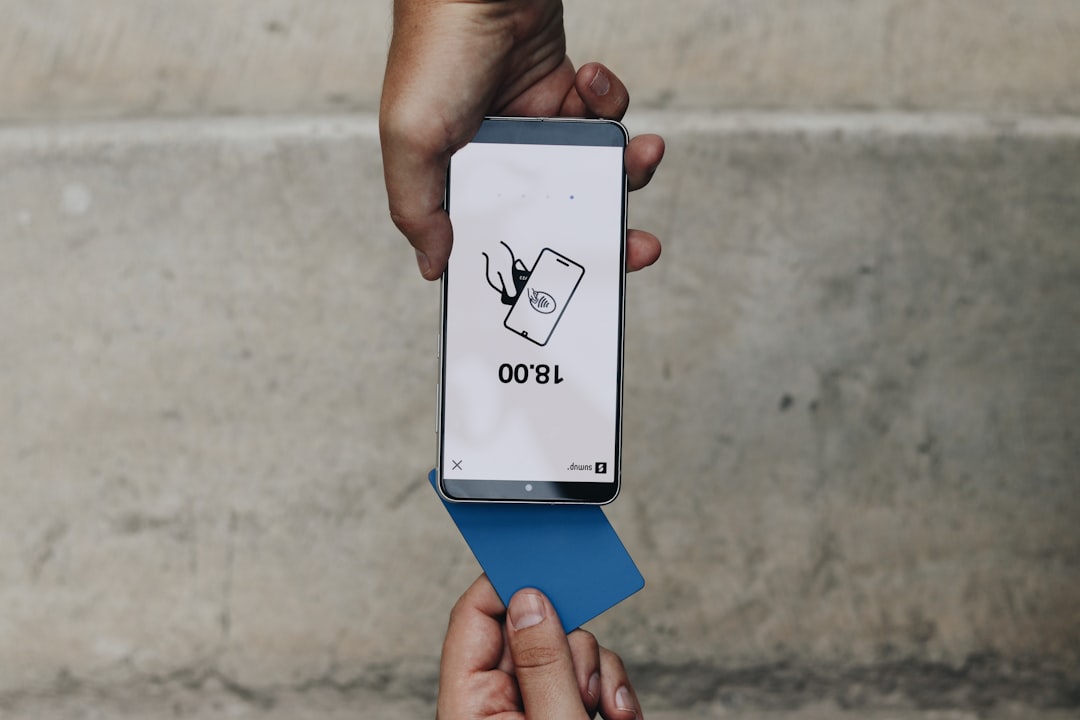Robocalls have become a major problem in Iowa City, with automated messages flooding residents' phone lines daily. Despite laws protecting consumers, many feel overwhelmed by unwanted calls. Consumer advocacy groups are mobilizing to educate citizens about their rights, offering legal guidance and lobbying for stricter regulations. Iowans can take legal action, including suing for robocalls under the Telemarketing and Consumer Fraud and Abuse Prevention Act (TCFA), but prevention through education and blocking techniques remains crucial.
In the digital age, robocalls have become a ubiquitous nuisance in Iowa City, affecting countless residents. This article explores the pervasive impact of automated phone calls on local communities and delves into the critical role consumer advocacy groups play in combating this issue. We examine legal rights and options available to Iowans, including potential lawsuits against persistent robocallers, and offer effective strategies to mitigate and stop these unwanted intrusions. Understanding how to protect yourself is key, especially when considering whether you can sue for robocalls in Iowa.
Understanding Robocalls and Their Impact in Iowa City

Robocalls have become a persistent and frustrating issue for many residents in Iowa City, with automated messages inundating phone lines daily. These calls often promote various products, services, or political campaigns, but they can also be a source of fraud and harassment. In recent years, the volume of robocalls has surged, making it challenging for individuals to distinguish legitimate calls from scam attempts. The impact on the community is significant, leading many to feel overwhelmed and at the mercy of these relentless automated messages.
Iowa City residents often find themselves wondering if they have any legal recourse when facing excessive or fraudulent robocalls. In fact, there are laws in place that protect consumers from certain types of telemarketing practices, and yes, it is possible to sue for robocalls in Iowa. Consumer advocacy groups play a vital role in educating the public about these rights and empowering individuals to take action against violators. By raising awareness and organizing efforts, these groups can make a substantial difference in combating the flood of unwanted calls that inundate Iowans’ lives.
The Rise of Consumer Advocacy Groups: A Fight Against Unwanted Calls

In recent years, consumer advocacy groups have emerged as powerful allies in the battle against unwanted and disturbing robocalls. With the rapid advancement of technology, telemarketing practices have evolved, often invading individuals’ personal space through automated phone calls. This has led to a growing demand for protection from these relentless robocalls, prompting the rise of consumer advocacy organizations dedicated to defending citizens’ privacy. These groups are at the forefront of fighting against excessive and illegal robocalls, ensuring that Iowans, including those in Iowa City, have a say in regulating their phone lines.
Iowa City residents, like many others across the state, often face the frustration of receiving numerous robocalls daily. This has sparked a collective action from consumer advocacy groups who are not just raising awareness but also offering legal guidance on how to combat these calls. By organizing campaigns and lobbying for stricter regulations, these organizations aim to protect consumers’ rights and provide avenues for them to take legal action if they feel their privacy is invaded. Additionally, they educate the public about their rights regarding robocalls, including the potential to sue for robocalls in Iowa under specific circumstances.
Legal Rights and Options for Residents: Can You Sue?

In Iowa, residents have legal rights and options when it comes to dealing with unwanted robocalls. If you feel your privacy has been invaded or if the calls are causing significant distress, you may consider taking legal action. The Telemarketing and Consumer Fraud and Abuse Prevention Act (TCFA) provides consumers with protections against unsolicited phone marketing, including robocalls. According to this federal law, businesses must obtain explicit consent before making automated telemarketing calls, and residents can request that their telephone number be removed from the caller list.
If a business continues to make robocalls after you’ve requested to stop, or if the calls violate other state laws, you may have the right to sue. In Iowa City, residents can file a complaint with the Iowa Attorney General’s Office or seek legal advice from consumer advocacy groups specializing in telemarketing and privacy cases. Consulting with an attorney experienced in these matters is crucial to understanding your rights and options, especially if you’re considering filing a class-action lawsuit against a persistent robocaller.
Effective Strategies to Reduce and Stop Robocalls

In the ongoing battle against robocalls, consumer advocacy groups in Iowa City have employed various effective strategies to reduce and stop these unwanted phone calls. One powerful approach is education and awareness; informing residents about the legal protections available, such as the Telephone Consumer Protection Act (TCPA), empowers them to take action. Encouraging individuals to report suspected robocalls to local authorities or national do-not-call registries can significantly disrupt call patterns.
Additionally, advocacy groups facilitate community collaboration by organizing workshops and seminars to share tips on blocking calls and identifying scams. While legal avenues like filing a Can I Sue For Robocalls Iowa case may be an option for persistent victims, prevention remains the primary focus. By combining public awareness, reporting mechanisms, and collaborative efforts, these groups aim to create a more robust defense against robocall invaders.






